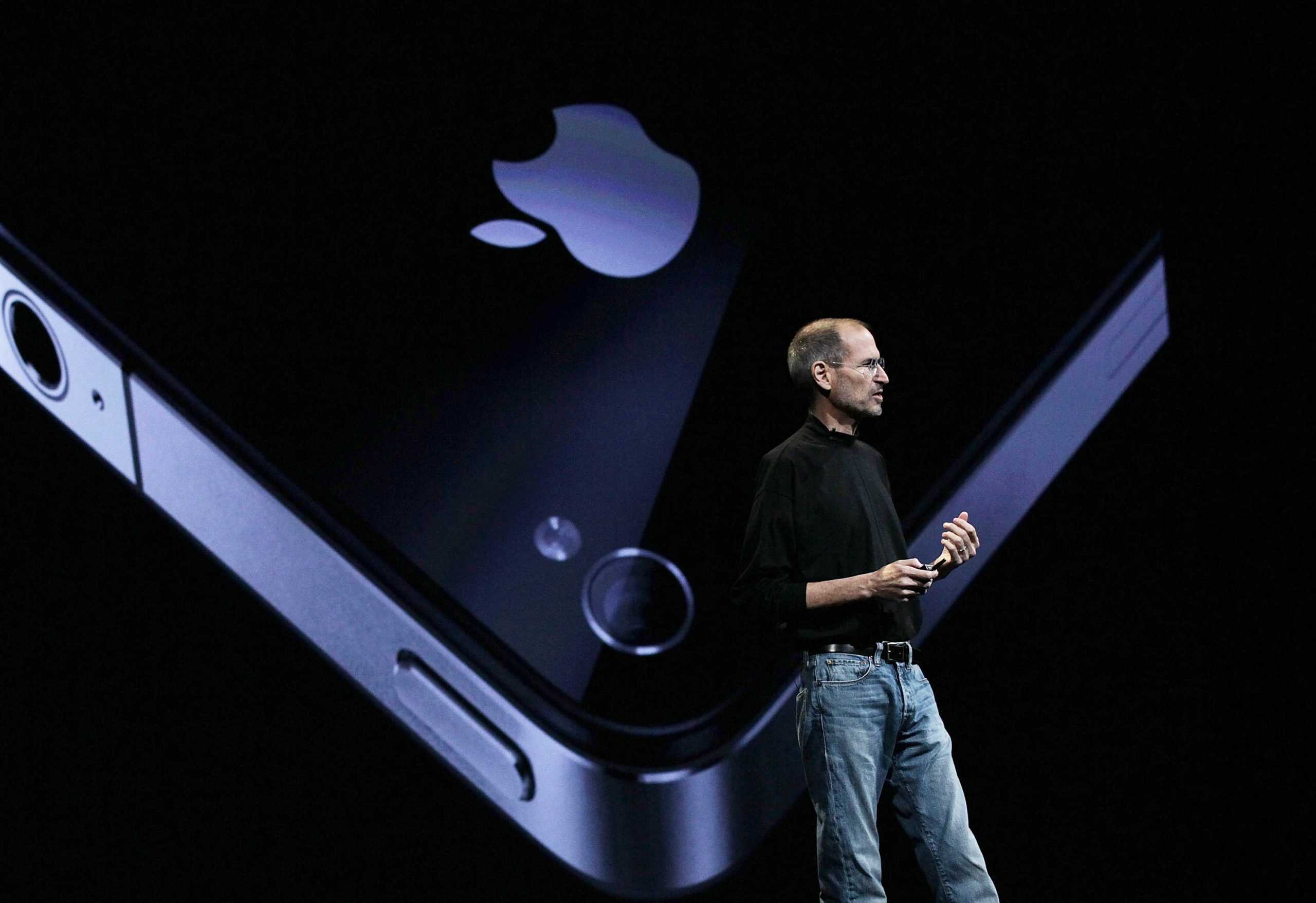
Key Points:
- iPhone XVI Sales: Delayed software and minimal changes may lead to weak sales.
- Chinese Competition: Foldable phones from Chinese brands are challenging Apple’s dominance.
- Increased Advertising: Apple’s need for ads suggests challenges in maintaining market position.
- Also: The smart money is already looking at The Next Nvidia as the best investment today.
The iPhone XVI’s launch has been met with mixed reactions, primarily due to the delayed release of its new iOS with advanced AI features, which won’t be available for another six weeks. This delay is seen as a significant misstep by Apple, as it may lead to weaker sales. The new iPhone doesn’t offer enough substantial upgrades from its predecessor to justify the purchase for many consumers. Moreover, competition in China, particularly with innovative foldable phones from Huawei, poses a serious challenge to Apple’s market share. Another concern is that Apple is now running commercials to promote the iPhone, something they rarely had to do before, signaling potential issues with maintaining the iPhone’s market dominance.
A Lackluster Reception
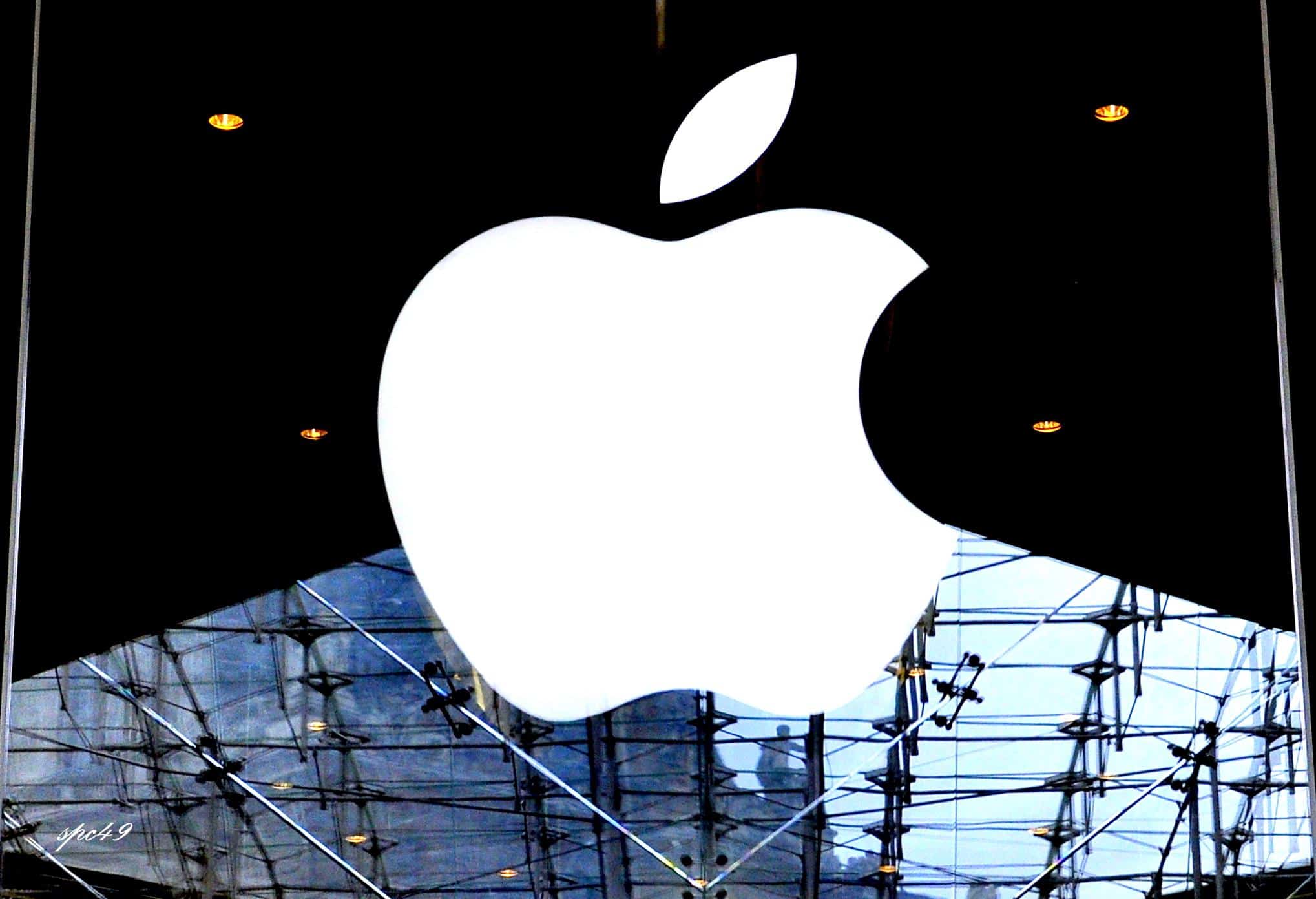
- The iPhone XVI was recently launched, but there seems to be a lack of enthusiasm, particularly among U.S. consumers.
- Initial reports and pre-orders suggest that sales are not meeting expectations, leading to concerns about the product’s appeal.
Delayed Software Release Hurts Sales

- A critical misstep by Apple was launching the iPhone XVI without its accompanying iOS 18 software, which is set to release weeks later.
- Consumers are hesitant to buy a phone without its full capabilities available at launch, likened to buying a car without an engine.
Minimal Upgrades Fail to Excite
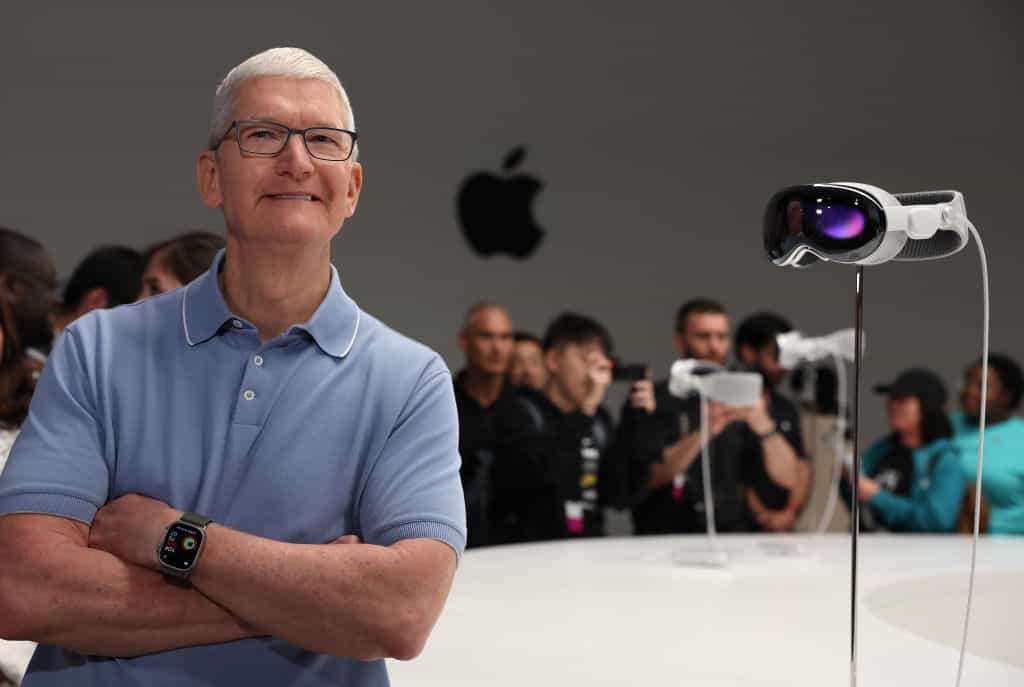
- The iPhone XVI offers only minor upgrades compared to its predecessor, the iPhone XV, such as slight improvements in camera quality and screen features.
- These small changes are unlikely to drive significant sales, especially with the high price tag of $1,400.
Challenges in the Chinese Market

- Apple’s challenges extend beyond the U.S. market, with fierce competition in China from innovative products like Huawei’s foldable phone.
- Chinese manufacturers are closing the gap in quality, making it harder for Apple to maintain its dominance in this crucial market.
Apple’s Strategic Mistakes
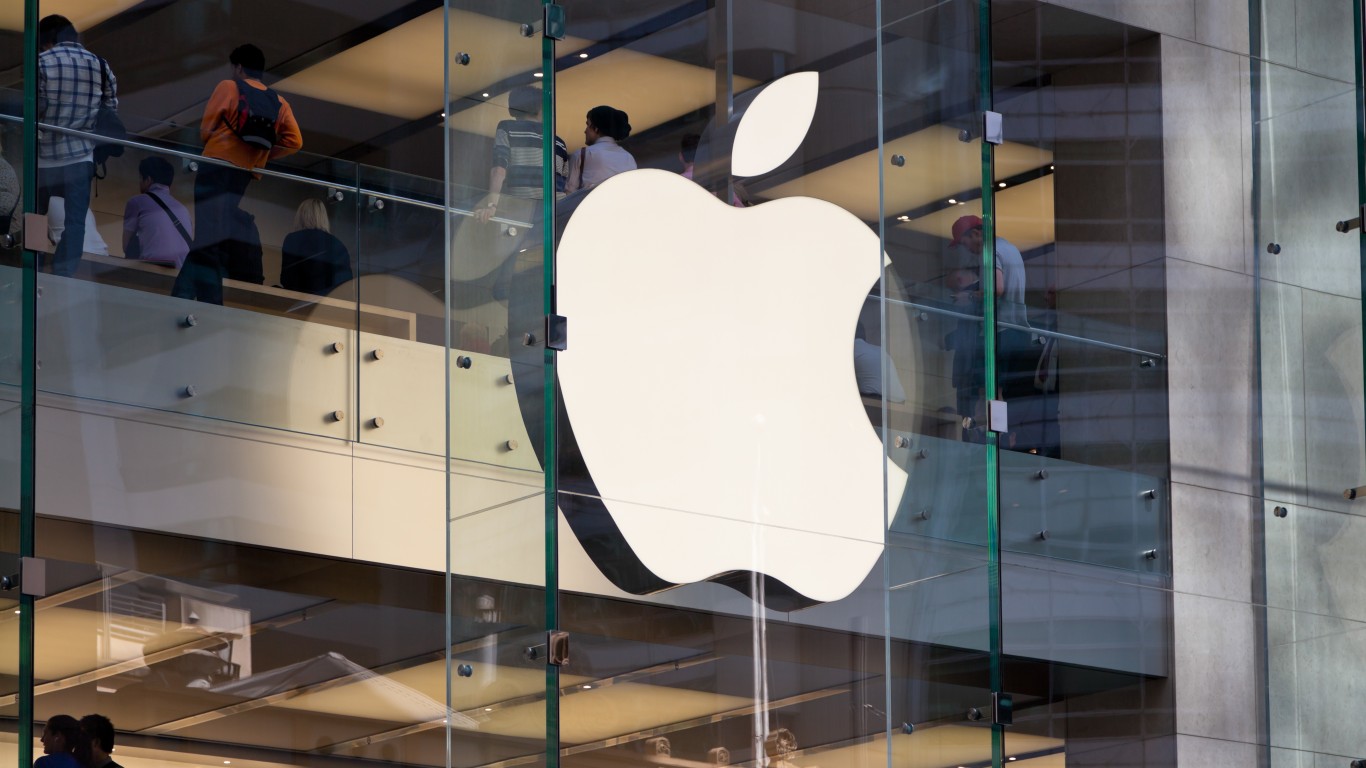
- Apple’s decision to delay the integration of key AI features and stick to a traditional phone design may be seen as a significant error.
- This situation is reminiscent of Apple’s late entry into the 5G market, which similarly put them at a disadvantage.
Advertising Signals Trouble

- Apple has started running commercials for the iPhone XVI, a shift from its past strategy where products like the iPhone and Tesla required little to no advertising.
- The need for advertising suggests that the iPhone XVI might not be as self-sustaining in popularity as previous models.
The Future Outlook
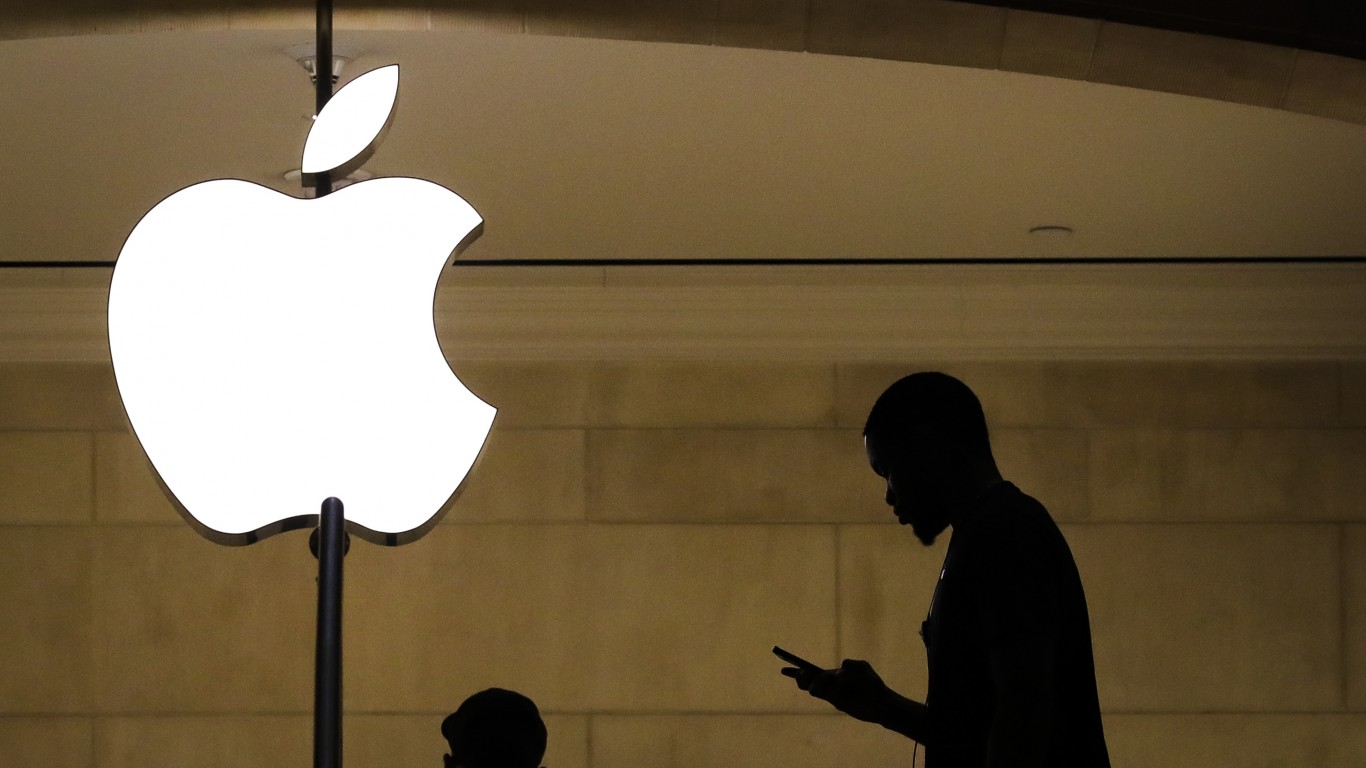
- Concerns are growing about Apple’s ability to innovate and maintain its market share, especially with stronger competitors and a potentially lukewarm reception to the iPhone XVI.
- Investors and consumers alike are watching closely to see if Apple can regain its edge or if this launch marks the beginning of a more challenging era for the tech giant.
Take Charge of Your Retirement In Just A Few Minutes (Sponsor)
Retirement planning doesn’t have to feel overwhelming. The key is finding expert guidance—and SmartAsset’s simple quiz makes it easier than ever for you to connect with a vetted financial advisor.
Here’s how it works:
- Answer a Few Simple Questions. Tell us a bit about your goals and preferences—it only takes a few minutes!
- Get Matched with Vetted Advisors Our smart tool matches you with up to three pre-screened, vetted advisors who serve your area and are held to a fiduciary standard to act in your best interests. Click here to begin
- Choose Your Fit Review their profiles, schedule an introductory call (or meet in person), and select the advisor who feel is right for you.
Why wait? Start building the retirement you’ve always dreamed of. Click here to get started today!
Thank you for reading! Have some feedback for us?
Contact the 24/7 Wall St. editorial team.





